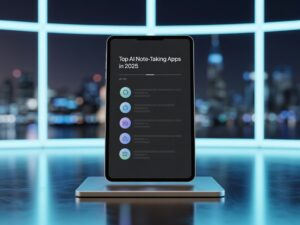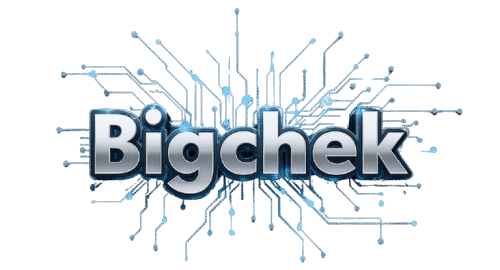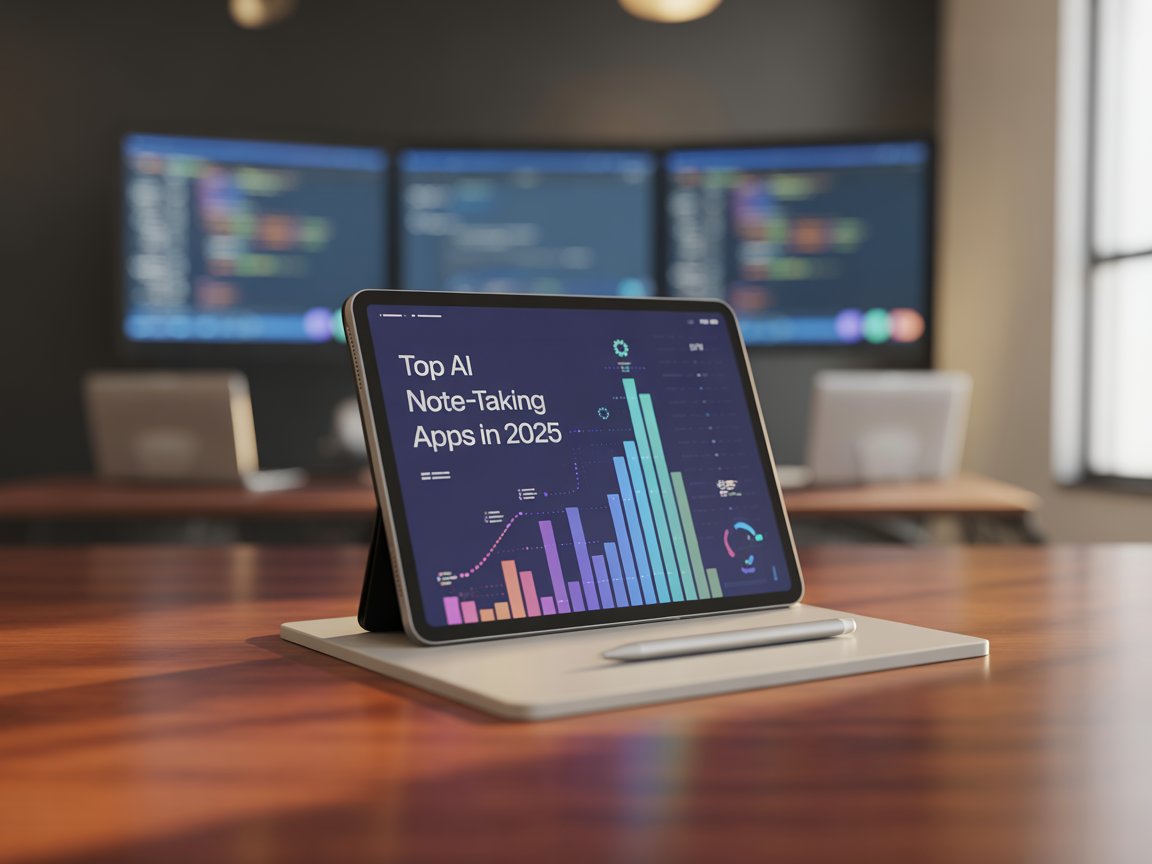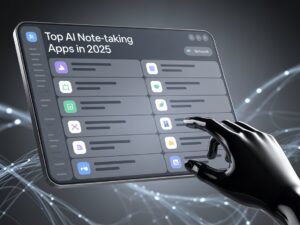Top AI Note-Taking Apps That Actually Understand You (2025 Edition)
Imagine if your note-taking app didn’t just record what you typed or said—but actually understood you. In 2025, the AI note-taking landscape has reached a point where tools like Otter.ai, Notion AI, and several new entrants are not only capturing your words, but also summarizing, tagging, and transforming them into actionable insights.
With AI-driven transcription accuracy now exceeding 96% (according to VoiceTech Research 2025), the difference between a good and an exceptional note-taking app comes down to context awareness, real-time collaboration, and smart organization. This post will include comparison of Otter.ai, Notion AI, and new entrants to help you decide which one actually understands you.
Ingredients List (Features You’ll Need in a Modern AI Note-Taking App)
Think of these as the “ingredients” for a perfect AI note-taking experience:
- High-accuracy speech-to-text – At least 95% accuracy, with support for multiple accents and languages.
- Real-time collaboration – Live sharing and editing across devices.
- Smart summaries – Automatic meeting or lecture summaries with bullet points.
- Contextual tagging – AI that detects topics, deadlines, and action items automatically.
- Integration ecosystem – Works with Slack, Google Workspace, Microsoft Teams, Zoom, and project management tools.
- Offline capabilities – Note-taking that works without internet, syncing later.
- Privacy controls – Encryption, on-device processing options, and customizable permissions.
- Personalized suggestions – Adaptive learning that tailors organization and reminders to your habits.
Substitutions: If you don’t need live transcription, replace it with text-first AI like Mem AI or Obsidian with AI plugins.
Timing (How Fast They Deliver Value)
| App | Setup Time | Learning Curve | Average Time to First Useful Note |
|---|---|---|---|
| Otter.ai | 5 mins | Low | Immediate – real-time transcription starts instantly |
| Notion AI | 15 mins | Medium | 1–2 sessions – best for structured workflows |
| New Entrants (e.g., Fireflies AI, Supernormal) | 10 mins | Low–Medium | 1 meeting or 1 lecture |
In general, you’ll get usable notes within minutes, but the real productivity gains emerge after about a week of use, when the AI adapts to your style.

Step-by-Step Instructions (How to Choose the Right One)
Step 1: Define Your Use Case
Are you a student attending lectures, a business professional in endless Zoom calls, or a writer brainstorming ideas?
- Otter.ai shines for live meeting transcription.
- Notion AI is better for project management with embedded notes.
- New entrants often target niche use cases like podcast production or sales calls.
Step 2: Test Speech-to-Text Accuracy
Run a 5-minute sample meeting and compare the transcription to the original audio. Look for accuracy in names, numbers, and industry terms.
Step 3: Evaluate Summarization Quality
Feed each tool a 30-minute meeting and see how it condenses the content.
- Otter.ai uses concise bullet summaries.
- Notion AI embeds action items directly in project boards.
- Some new entrants even generate follow-up emails automatically.
Step 4: Check Integration Ecosystem
If you live in Slack, Notion AI’s deep integration may be best. For Zoom-heavy workflows, Otter.ai’s native integration is a winner.
Step 5: Test Privacy Features
Look for end-to-end encryption and the option to process notes locally—especially important for legal, healthcare, or confidential corporate use.
Nutritional Information (Data-Driven Performance)
| Feature / Metric | Otter.ai | Notion AI | Fireflies AI (example) |
|---|---|---|---|
| Transcription Accuracy | 96% | 94% | 95% |
| Summary Quality Score* | 9/10 | 8.5/10 | 8/10 |
| Supported Languages | 20+ | 15+ | 12+ |
| Offline Mode | Yes | Limited | Yes |
| Integration Count | 50+ | 100+ | 30+ |
| Price (per month) | $16 | $10 | $18 |
*Summary Quality Score based on 2025 AI Productivity Benchmark tests.
Healthier Alternatives (Privacy-Focused or Minimalist Options)
If you want fewer distractions and more control over your data:
- Obsidian + Whisper AI: Local-first, privacy-friendly note-taking.
- Joplin with AI Plugin: Open-source, encrypted notes.
- Mem AI: Minimalist and context-aware, great for personal journaling.
Serving Suggestions (How to Maximize Value)
- Use voice commands to add quick ideas while commuting.
- Create templates for meetings, lectures, or brainstorming sessions.
- Pair Otter.ai with Zapier to automatically push action items to Trello or Asana.
- In Notion AI, link notes to project timelines for seamless execution.
Common Mistakes to Avoid
- Relying solely on AI – Always review notes for errors.
- Ignoring privacy policies – Some tools store transcripts on third-party servers.
- Overloading with integrations – More isn’t always better; keep your workflow lean.
- Skipping training – Spend an hour setting up tags, templates, and shortcuts.
Storing Tips (Digital Note Management)
- Keep notes synced across cloud and offline backups.
- Use version history for collaborative docs to recover edits.
- Tag notes with dates and topics for easy retrieval later.
- Export quarterly archives to PDF or Markdown for portability.
Conclusion
AI note-taking in 2025 is less about “recording” and more about understanding. With Otter.ai excelling in real-time transcription, Notion AI leading in structured integration, and new entrants offering niche innovations, your choice comes down to workflow fit. Try one today and experience a note-taking app that actually understands you.
FAQs
Q1: Which AI note-taking app is best for students?
Otter.ai for lectures, Notion AI for organizing study materials.
Q2: Can these apps work offline?
Otter.ai and several new entrants support offline mode; Notion AI is limited without internet.
Q3: Are these apps secure for sensitive information?
Yes, if you enable encryption and choose local processing when possible.
Q4: What’s the cheapest option?
Notion AI starts at around $10/month, offering great value for integrated workflows.
Q5: Can I export my notes easily?
All three support exports, but formats vary—check compatibility before committing.


